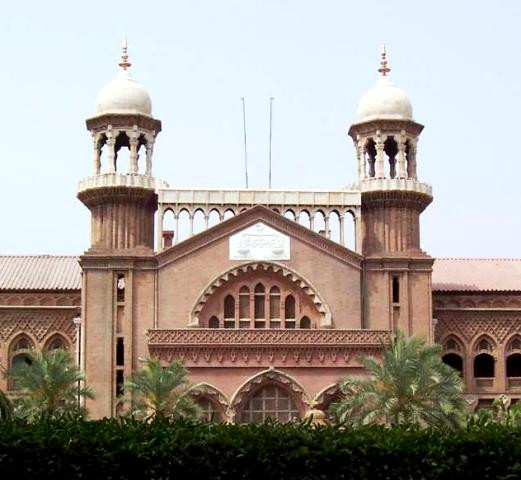Power to the people: Citizens can still challenge public office holders
LHC dismisses petition against citizens’ right to question qualifications of MNAs.

A full bench of the Lahore High Court (LHC) on Friday dismissed several petitions challenging the court’s jurisdiction to hear pleas for the disqualification of MNAs and MPAs moved by citizens under Article 199(1)(b)(ii) of the Constitution.
The LHC chief justice had set up the full bench to consider the questions of whether Article 199(1)(b)(ii), which concerns the court’s jurisdiction to hear ‘quo warranto’ writ petitions against holders of public office, was excluded by Article 225 (see box), which apparently restricts such cases to election tribunals.
The bench also considered the argument of the petitioners that being a member of the national or provincial assemblies was not a public office and hence their qualifications could not be challenged under Article 199(1)(b)(ii). Fourteen petitions that rely on Article 199 to challenge the parliamentarians’ education qualifications are pending with the court. The lawyers for the parliamentarians argued that Article 225 precludes any challenges to any election to parliament or the provincial assembly, except by an election petition filed under the Representation of People Act of 1976. They argued that Article 225 circumscribed the jurisdiction granted to the High Courts under Article 199, and so the LHC could not hear petitions challenging the education qualifications of parliamentarians. They also argued that their clients held elected offices, not public offices, and so Article 199 did not apply.
On the other side, the counsel representing various people who have moved quo warranto petitions contended that Article 199 granted citizens rights independent of the right to file an election petition under the Representation of Peoples Act of 1976, which is limited to defeated candidates only.
Ruling
In its judgement, which was authored by Justice Sheikh Azmat Saeed, the court observed that an election petition and a writ of quo warranto were distinct and independent remedies.
“An election petition is in respect of the validity of the election, while a quo warranto petition pertains to the title of the office. The election petition deals with disputes with regard to the private rights of two individuals to hold the same office and primarily relates to corrupt or illegal practices or illegal acts allegedly perpetuated in the election process. The writ of quo warranto deals with the right of a person to hold such office, in the context of any disqualification or lack of qualification that may have existed prior to assumption of such office,” the judgment reads.
The bench observed that there was “no room for any doubt” that MNAs and MPAs hold a public office, citing a Supreme Court judgement from 1975 which says that “if a person is a repository of even a fragment of the sovereign power of the state, legislative, executive or judicial, he shall be deemed to hold a public office.” The bench was headed by Chief Justice Ijaz Ahmad Chaudhry and included Justice Sheikh Saeed and Justice Asad Munir.
Constitutional question
Article 199: Jurisdiction of High Court
(1) Subject to the Constitution, a High Court may, if it is satisfied that no other adequate remedy is provided by law, (b) on the application of any person, make an order (ii) requiring a person within the territorial jurisdiction of the Court holding or purporting to hold a public office to show under what authority of law he claims to hold that office;
Article 225: Election dispute
No election to a House or a Provincial Assembly shall be called into question except by an election petition presented to such tribunal and in such manner as may be determined by an Act of Majlis-e-Shoora (Parliament).
Published in The Express Tribune, July 30th, 2011.



















COMMENTS
Comments are moderated and generally will be posted if they are on-topic and not abusive.
For more information, please see our Comments FAQ